#pollution
Volkswagen Prepares Its Pollution Penance
After its excessively dirty diesels polluted the nation’s air for years, Volkswagen is on the verge of making environmental reparations in the U.S. and state of California, Bloomberg reports.
The automaker is reportedly in talks with U.S authorities to create two remediation funds aimed at offsetting some of the environmental (and possibly legal) damage resulting from the diesel emissions scandal.
Unfixable Volkswagen Diesels Could Keep Living the California Dream
There’s a chance that older Volkswagen TDI models branded as pollution monsters in the ongoing diesel emissions scandal could keep rolling along the avenues and alleyways of the Golden State.
On March 8, California’s air regulator floated the idea that diesels that can’t fully be brought back into compliance with state laws might get a pass, according to Reuters.
Tod Sax, chief of the California Air Resources Board’s enforcement division, admitted that bringing every one of the state’s approximately 82,000 afflicted diesels up to code is probably not possible.
The California Air Resources Board, the Automakers, and You
Last week, Bloomberg Business profiled the one woman who may have more influence in the automaking universe for the next decade than any other person on the planet.
California Air Resources Board Chairwoman Mary Nichols’ story about running the nation’s most stringent air quality standards board is compelling, fascinating and terrifying — if you’re an automaker.
The state’s ambitious goal of reducing greenhouse gases 80 percent by 2050 is met by an equally ambitious — and onerous — goal for automakers: don’t sell new cars with internal combustion engines in California by 2030.
Paris Bans Cars With Even Numbered Plates To Cut Pollution, Congestion
Municipal authorities in Paris banned cars with even numbered license plates from entering the city, in a bit to limit traffic and ease record levels of pollution.
Piston Slap: Acceptable Oil Consumption?
Justin writes:
Sajeev,
First I wanted to let you know that nearly everyday on my lunch break I check TTAC and each time I see a Piston Slap article I always make sure to read through it. I admire your knowledge and have learned quite a bit from your articles. I guess that I have a two part question.
The first part being since when has it become “acceptable” that a modern (low mileage) engine can consume a quart of oil in less than 5K miles. Audi and VW jump the front on my mind with their 2.0T mills, but I hear more and more through the woodwork about engines drinking oil. The second part of my question probably has more to do with correlation than causation but it seems like direct injection plays a role in this IMO unacceptable oil consumption.
Thanks!
Nissan To Offer E-NV200 In Europe in 2014
The all-electric future creeps upon us all steadily, from Tesla’s luxury offerings more appropriate for New York Fashion Week, to Nissan’s electric blue and white jelly beans moving eco-conscious families to Whole Foods and Trader Joe’s.
Speaking of Nissan, the automaker has decided to unleash the e-Nv200 upon the streets of Europe in 2014, with both fleet and private sales in mind.
Lake Michigan Car Ferry, SS Badger, and EPA Reach Agreement
The Lake Michigan Car Ferry website is reporting that the Environmental Protection Agency and the operators of the Lake Michigan car ferry, the SS Badger, which runs between Ludington MI and Manitowoc, WI, have reached and agreement that will allow the historic steamship to continue operating. The Badger is one of the last coal fired vessels operating commercially on the great lakes and its continued operation means millions of trade and tourist dollars for the region it serves. During the summer months, the 6650 ton vessel makes two round trip crossings per day and can carry 600 passengers and up to 180 automobiles.
China Enacts Euro 4 Emissions Standard, Beijing To Go A Notch Higher
POLLUTION SHROUDS BEIJING SKY 投稿者 tvnportal
When we think of China, we think of massive pollution and CO2-belching cars. Get with the program. China moves ahead at warp speed, and so do emission standards. The China 4 emission standards will become mandatory for all cars sold across China from July 1st, says China Car Times. The Chinese 4 emission standard is pretty much the same as the strict Euro 4 standard (with Chinese characteristics and a separate certification regimen.)
Washington Bans Copper Brakes
When friends of the automobile think about environmental regulation, our minds tend to tend to leap towards emissions. Between energy independence, air quality and the specter of global warming, a number of political agendas focus auto regulations on the tailpipe and drivetrain, driving a number of changes in the industry. But, as the AP reports, engines aren’t the only automotive components that impact the environment. The state of Washington has voted to ban brake pads with more than five percent copper content by 2021, making it the first state in the union to address the accumulation of heavy metals in groundwater through automotive regulation.
Canada Cash for Clunkers: CA$300
Three-hundred dollars Canadian is not a lot of money for a car that functions. But it buys you—well, the Canadian government—a lot of greenwashing. OK, some. “Retire Your Ride” pays the three bills for any currently registered Canadian car produced before 1996, “the year the government introduced more stringent emissions standards.” Canadian Driver dutifully reports, “These pre-1996 models produce about 19 times more air pollutants than newer cars and trucks.” Wow! Nineteen times! The Clean Air Foundation is in charge of sending any one of five million-ish eligible cars to the crusher, in exchange for CA$300 or discounts on public transit passes, bicycles or memberships in car sharing companies. As my father said to me on many memorable (if imminently lamentable) occasions, “How much is this boondoggle going to cost me?” This one, me, nothing. Canadian taxpayers, CA$92m. Canadian Driver saves the withering analysis for the end of their article, but it’s worth the wait…




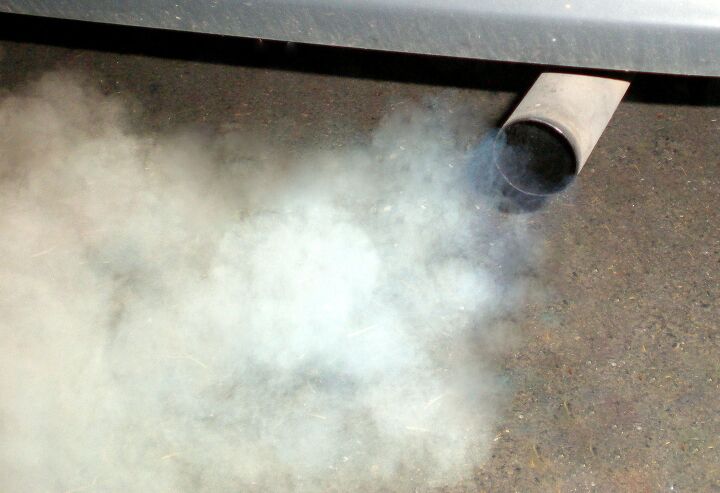
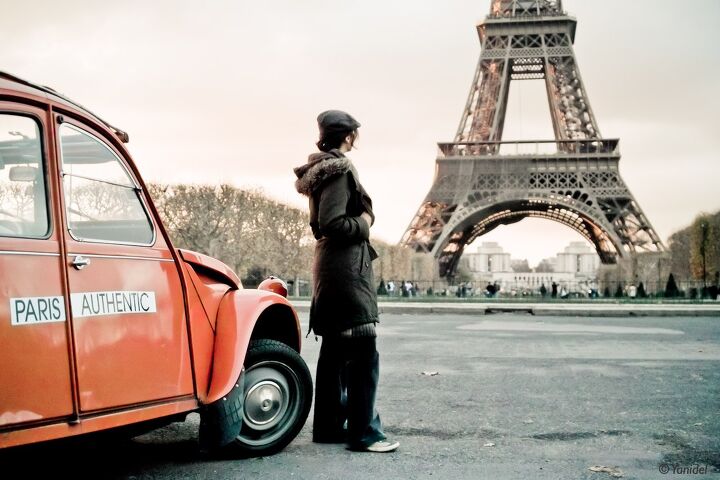

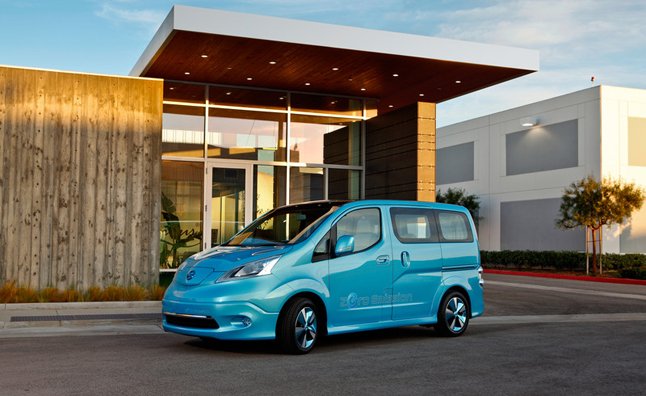
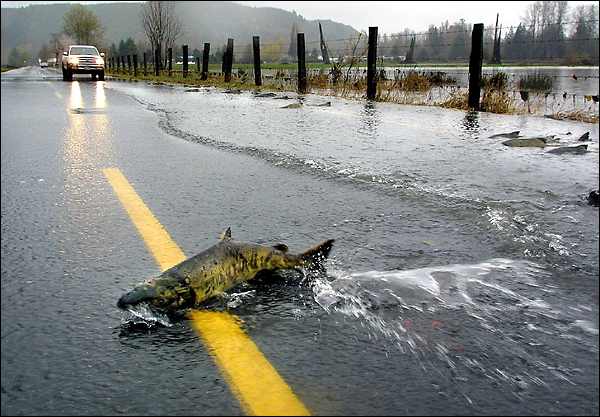
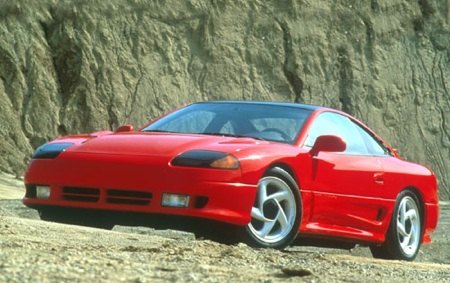












Recent Comments